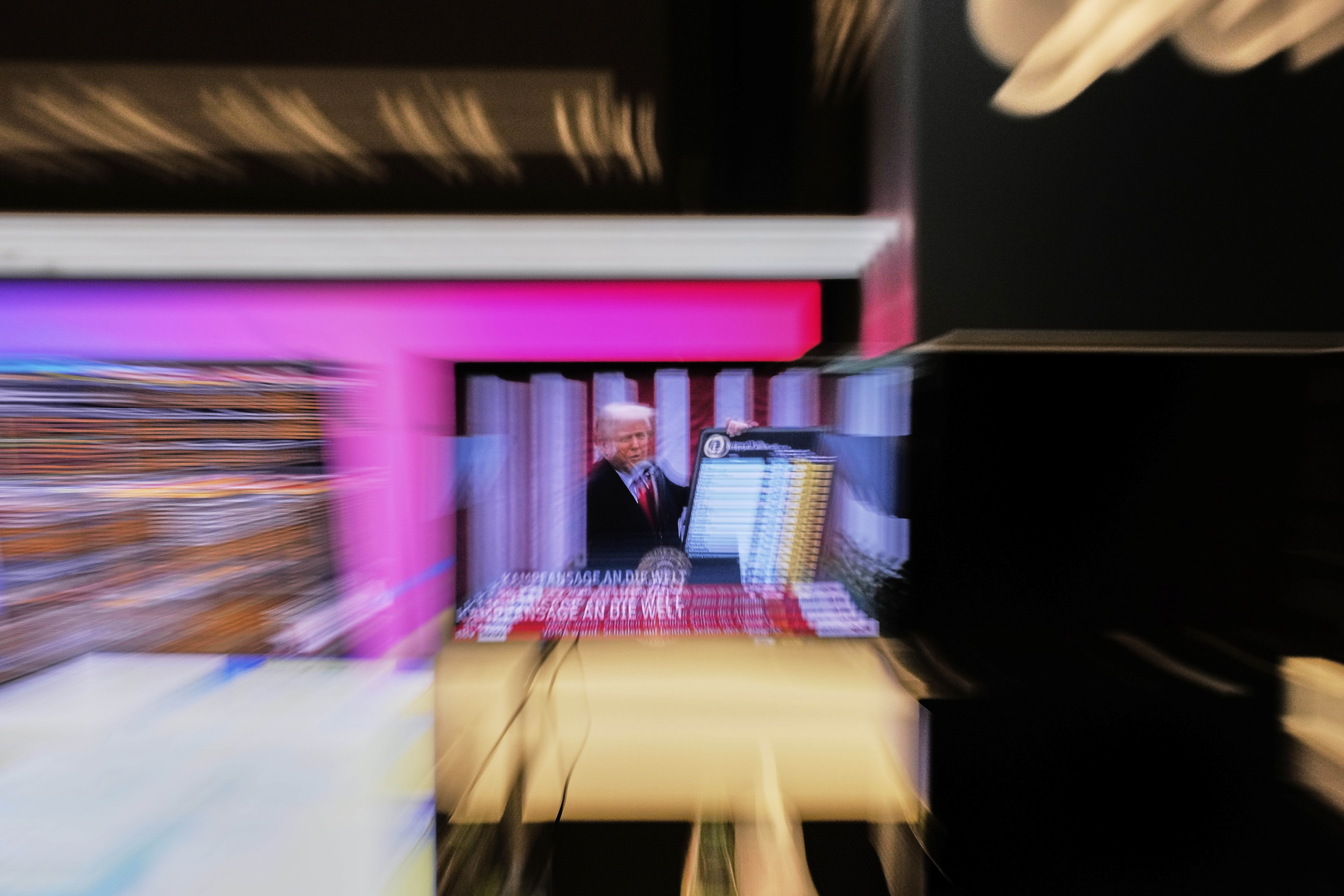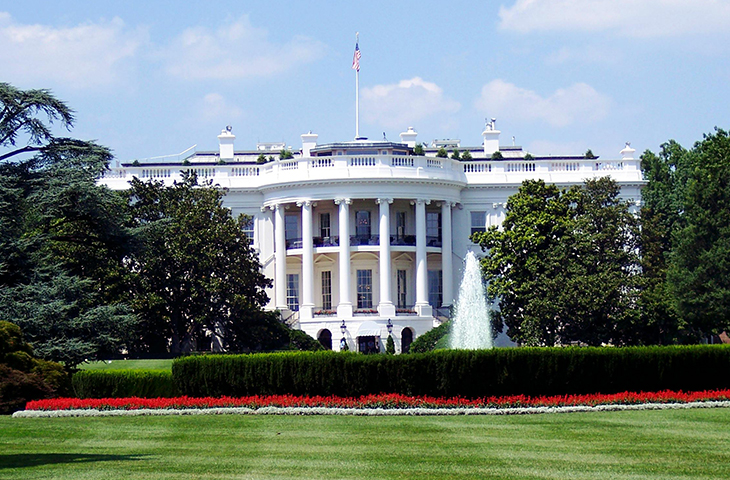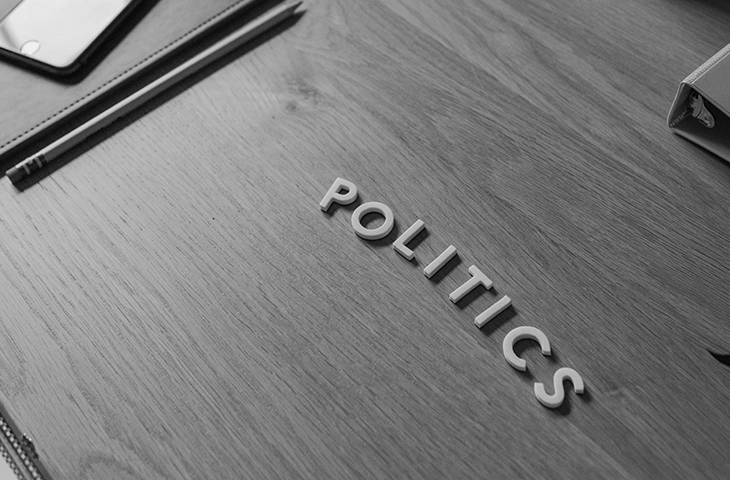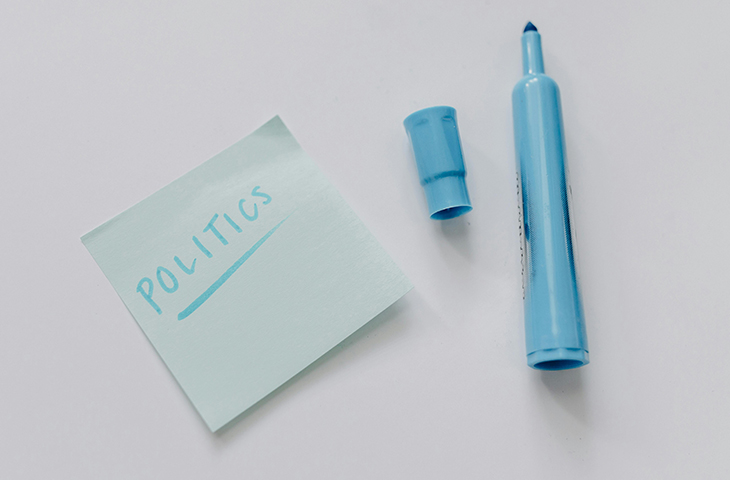Us Markets Have Spiraled. Americans Had Doubts About Trump’s Tariffs Before That.

President Donald Trump convinced voters to send him to the White House on the promise of turbocharging the economy. But Americans are already expressing doubt about one of the president’s cornerstone economic policies — even before he unveiled his tariff plan earlier this week.
In several recent polls — all conducted before Trump’s announcement this week, which sent markets into a spiral and brought the U.S. to the brink of an international trade war — a majority of respondents disapproved of the then-theoretical sweeping tariffs the president promised to implement, and indicated unease about the president’s steering of the economy.
The global tariffs went into effect Saturday morning, with an additional levy on trading partners the administration has deemed bad actors set to trigger next week.
It represents what could become a significant vulnerability for Trump, who has made economic strength a key part of his political brand. Throughout much of his first term and the 2024 election, Trump broadly received positive marks for his handling of the economy — and he spent much of his 2024 campaign hammering then-President Joe Biden and Vice President Kamala Harris for their stewardship of the economy.
A Wall Street Journal survey released Friday and conducted between March 27 and April 1 showed 54 percent of voters expressing disapproval over Trump’s tariff strategy and three quarters of voters saying they expected tariffs to result in price hikes on goods they buy. Fifty-two percent of respondents said they disapproved of the president’s overall handling of the economy, 8 percent more than those who said they approved of it.
The numbers marked a significant shift from October, when voters in a Journal survey said they had a favorable view of then-candidate Trump’s economic plans by a 10-point margin over those who opposed them.
The Trump administration has argued that tariffs — which the president constantly raised on the campaign trail and has touted as a tool to reset what he deems as exploitative relationships with trading partners who have “looted” and “pillaged” the U.S. — will lower prices in the long term, saying that they will draw manufacturing companies back to the U.S.
The White House did not respond to a request for comment Saturday on the polling.
Trump’s aggressive tariffs sent a shockwave through global markets and left U.S. partners reeling. Many have threatened retaliatory measures, with China announcing a reciprocal 34 percent tariff on Friday.
U.S. markets plunged immediately following Trump’s announcement, with stocks losing trillions in market value. JPMorgan Chase chief economist Bruce Kasman warned on Thursday that the odds of a global recession in the next year rise to 60 percent if Trump’s tariffs remain in place.
Still, Trump has doubled down on his plan, writing that he “will never change” his tariff policies.
Americans were wary of that likelihood in the lead-up to Trump’s tariff plan unveiling. According to a Marquette Law School poll released on “Liberation Day” and conducted from March 17-27, 58 percent of adults thought the tariffs would hurt the U.S. economy, compared to only 28 percent who thought they would help and 14 percent who didn’t think they would make a difference at all.
Respondents across almost all categories of race, gender and education said they felt tariffs would harm the economy rather than help it. The only outlier was white, non-college educated men — who have been a key part of Trump’s base — with 44 percent saying tariffs would benefit the economy and 40 percent saying they would hurt it.
Respondents also indicated they felt Trump was too concerned with tariffs — and not enough with lowering costs. A CBS News/YouGov poll released Sunday and conducted from March 27-28 showed 55 percent of voters saying Trump was focusing too much on tariffs, while 64 percent said he wasn’t focused enough on lowering prices.
Democrats believe that Americans’ doubt in Trump’s tariff plans also gives the party a new line of attack heading into the midterms. Party recruiters say interest from candidates running in Republican districts is high as Democrats see an opening to make gains on GOP turf.
Democrats have also slammed Trump for a weekend golf trip after unleashing his tariffs, arguing he is not focused on the economy. A White House spokesperson dismissed the criticism Friday, saying the president “is always working on behalf of the American people, and his longstanding relationships with world leaders have led to massive investments into the U.S. economy and no new wars during his first term,” and attacked the “TDS patients of POLITICO.”
On Saturday, the White House announced that Trump had won his “second round matchup” in the senior club championship at his Jupiter, Florida, golf club “and advances to the Championship Round tomorrow.”


